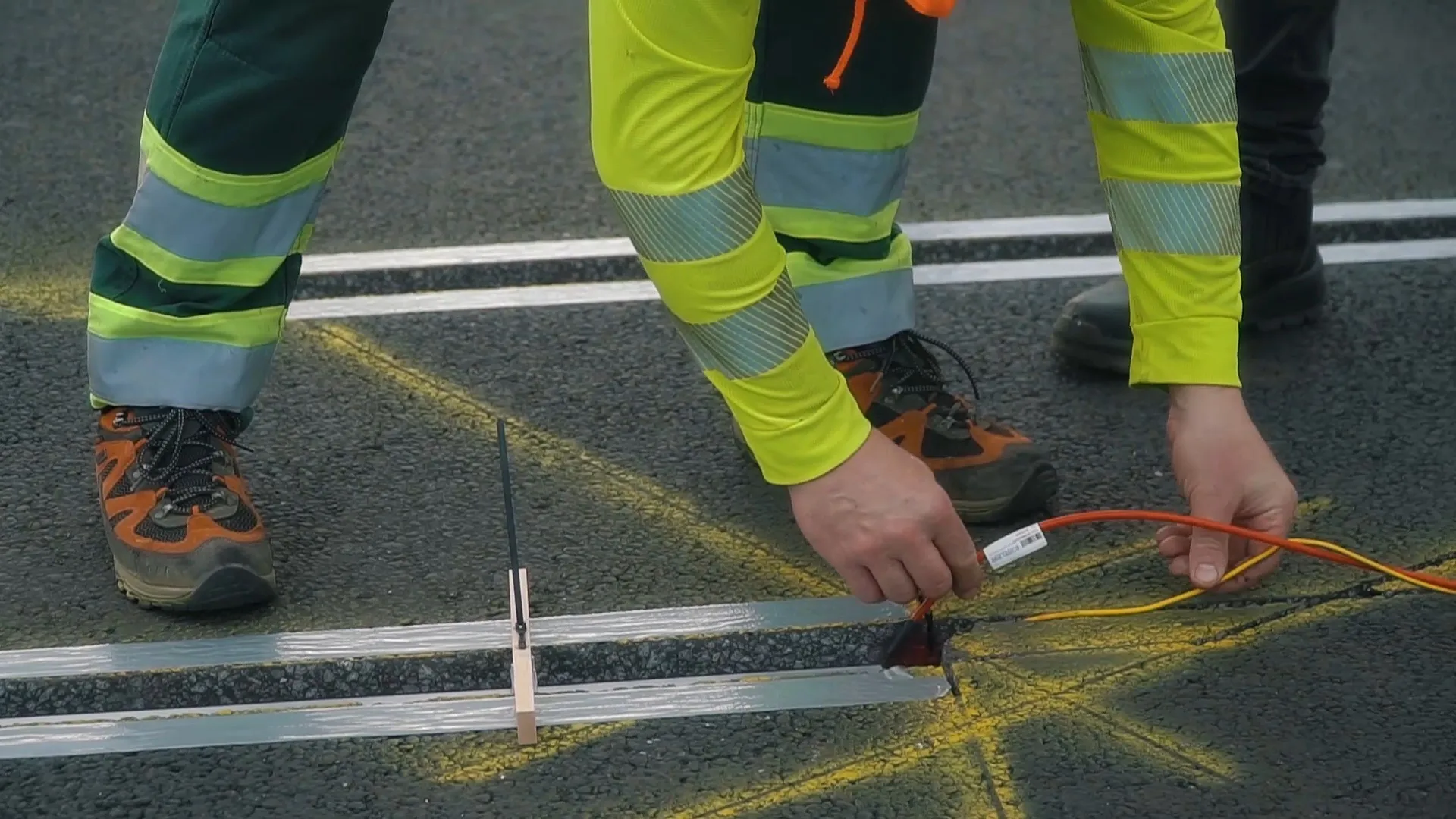Border controls in Maharashtra, the commercial capital state of India, are in the process of being automated by the Maharashtra State Road Development Corporation (MSRDC) in an effort to reduce processing times and traffic queues. Confidex, Finnish manufacturer of speciality RFID tags, has supplied its RFID windshield labels for use in the first fully automatic border control system to be installed, and utilises passive UHF RFID based Automatic Vehicle Identification (AVI) technology that enables both reli
September 7, 2012
Read time: 2 mins
Border controls in Maharashtra, the commercial capital state of India, are in the process of being automated by the 6539 Maharashtra State Road Development Corporation (MSRDC) in an effort to reduce processing times and traffic queues.
946 Confidex, Finnish manufacturer of speciality RFID tags, has supplied its RFID windshield labels for use in the first fully automatic border control system to be installed, and utilises passive UHF RFID based Automatic Vehicle Identification (AVI) technology that enables both reliable large scale vehicle and traffic management as well as enhanced traffic flow.
The Confidex Windshield Label, supplied by Confidex partner6540 Rajkamal Barscan System, contains the vehicle information; tax, insurance, permit, pollution and driver. It is fixed to the vehicle’s windshield and data is automatically retrieved when the vehicle approaches the checkpoint, allowing border officers to make quick decisions regarding border control.
The system is the first of its kind in the country and is the start of border checkpoint upgrading throughout India as required by the government.
The Confidex Windshield Label, supplied by Confidex partner
The system is the first of its kind in the country and is the start of border checkpoint upgrading throughout India as required by the government.










